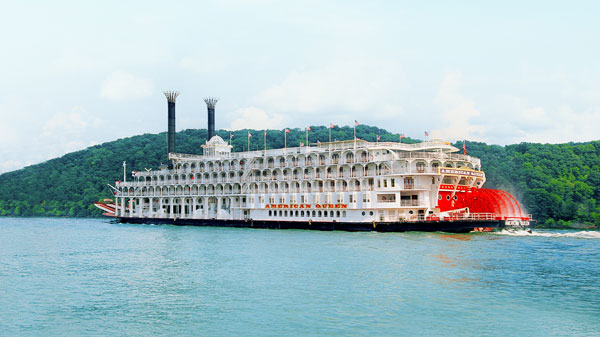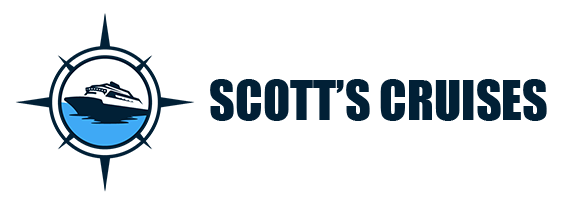Hold onto your paddlewheel, folks! If you were dreaming of a serene sail down the Mississippi or a captivating cruise along the Columbia, you might need to adjust your course. American Queen Voyages, a leading force in US river cruising, has abruptly suspended operations, leaving passengers scrambling and the industry navigating a wave of speculation. This development isn’t just a ripple in the American Queen story, it’s a seismic shift for the entire US river cruise landscape.

A Brief History of American Queen Voyages
The story of American Queen Voyages, or AQV, is one of ambition and struggle. Founded in 2011 as the successor to the well-established Delta Queen, AQV set sail with a fleet of four traditional riverboats, carving a path through the heartland’s iconic waterways. Their vision? To revive the golden age of river cruising, offering luxurious and immersive journeys along the Mississippi, Columbia, and Snake Rivers.
Expansion followed, with two small coastal cruise ships joining the fleet and an Alaskan adventure through a chartered vessel. Yet, beneath the surface, challenges brewed. The pandemic dealt a heavy blow, causing operational disruptions and hindering recovery. Recent attempts to sell the coastal ships proved unsuccessful, further signaling financial difficulties.
In February 2024, the inevitable arrived. Citing “underperformance” and pandemic-related struggles, Hornblower Group, AQV’s parent company, filed for bankruptcy. This triggered a recapitalization plan that included selling a majority stake in Hornblower and suspending AQV operations. The future of the beloved riverboats now hangs in the balance.
What Does This Mean for Passengers and the Industry?
For passengers booked on an American Queen Voyage riverboat, dreams of majestic river vistas have been replaced with the disappointment of cancelled cruises and refund requests. The impact extends beyond individual passengers, casting a shadow over the entire US river cruise industry. Here’s a closer look:
Passengers:
- Uncertainty reigns: While refunds are available, passengers left with cancelled bookings face the challenge of finding alternative options on short notice. If you happen to be booked on one of these cruises, you can request a refund by clicking here.
- Loss of trust: This development might erode consumer confidence in the industry, particularly for those unfamiliar with its dynamics.
Industry:
- Ripple effect: The closure of AQV, a major player, creates a ripple effect, impacting other operators through competition and potential negative publicity.
- Questioning the future: This raises questions about the long-term viability of US river cruising, particularly its ability to recover from pandemic-related disruptions.
Will the Paddlewheels Turn Again?
The future of American Queen Voyages remains shrouded in mystery. Hornblower hopes to find a buyer to keep the legacy alive. However, the viability of a sale depends on various factors, including market conditions and investor interest. The alternative scenario involves winding down operations entirely, leaving a void in the industry and a sense of loss for loyal patrons.
Exploring the Landscape of US River Cruising
While AQV’s closure marks a significant chapter, it’s crucial to remember that the story of US river cruising isn’t over. Several other operators continue to offer exciting itineraries on the Mississippi, Columbia, and other waterways. Here’s a glimpse into the diverse options available:
- American Cruise Lines: This established operator boasts a fleet of modern riverboats, offering luxurious voyages along the Mississippi and Columbia Rivers.
- Viking River Cruises: Known for its European itineraries, Viking recently expanded to the Mississippi with the Viking Mississippi, offering a unique blend of Scandinavian design and American history.
- Big Muddy Adventures: This smaller operator specializes in unique and adventurous expeditions on the Mississippi River, catering to a niche audience seeking an off-the-beaten-path experience.
The suspension of American Queen Voyages marks a significant shift in the US river cruise industry. While uncertainty clouds the immediate future, it also presents an opportunity for reflection and adaptation. For passengers affected, navigating cancellations and exploring alternative options might be necessary. For the industry, it’s a call to innovate, adapt,
